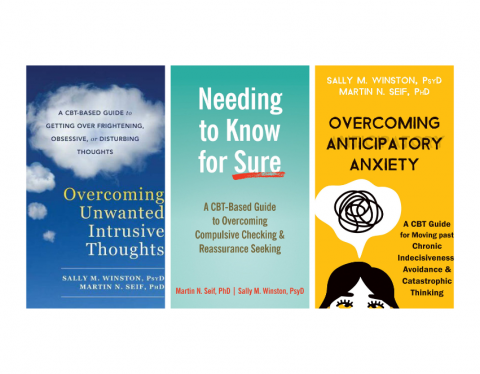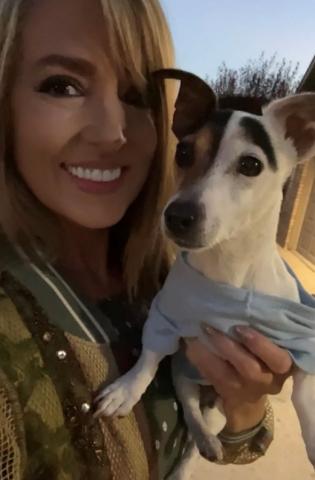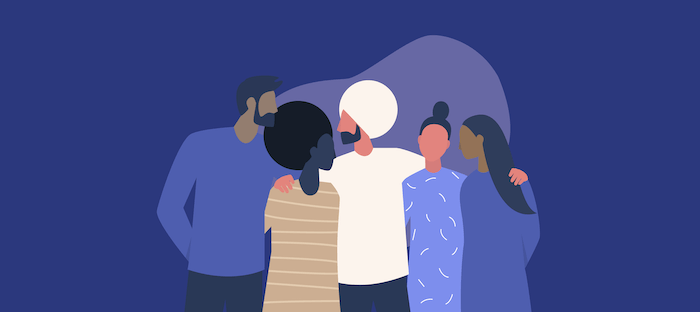
By Demographics
Find Help For
ADAA provides a broad range of helpful anxiety, depression and related disorders information and resources for you or a loved one. From educational articles, symptom and tip information, screening tools, to webinars, blog posts and partner website resources, ADAA provides helpful information for children and teens, college students, women, older adults, friends/loved ones, and military and military families.
- Children
- Teens/College Students
- Girls/Women
- Older Adults
- Caregivers
- Friends/Loved Ones
- Veterans, Military and Military Families
ADAA also understands that one's experience with mental illness is greatly affected by one’s unique values, beliefs, and sexual orientations, in addition to backgrounds that vary by race, ethnicity, religion, and language.Cultural differences can influence whether or not mental illness is properly diagnosed and/or treated. There are many barriers that diverse communities face when seeking healthcare in general. Some of these barriers include: higher levels of stigma, misinformation about mental health and language that may discourage people from seeking help. A person’s beliefs, norms, values and language affect how the perceive and experience mental health conditions. The experiences with mental illness are greatly affected by different cultural views.
To effectively serve diverse populations, the community and mental health professionals need to understand, respect and value all of the different cultural differences and perspectives towards mental health. Increasing and applying cultural competence is important when serving diverse communities.
ADAA is committed to providing anxiety, depression and related disorder resources and current research for the BIPOC (Black, Indigenous, and People of Color), Latinx/Hispanic, Asian-American/Pacific Islander, LGBTQ+, and low income communities.
- The Black Community
- The Latinix/Hispanic Community
- The LGBTQ+Community
- The Asian-Americans/Pacific Islander Communities
- Low Income Communities
Diversity/Inclusion Mental Health Resources
- ADAA's Inclusive Language Guidelines (2022)
- Check Your Privilege
- JED Foundation - Love is Louder Project
- Mentallyawareng
- Mental Health Coalition BIPOC Resources
- Mental Health America
- NAMI
- National Network to Eliminate Disparities in Behavioral Health (NNED)


















